Securing and restoring biological diversity in the sea is of central importance for the sustainable use of marine resources. However, changes in marine environments have direct effects on marine species communities and food webs and thus also on the occurrence of exploited species. Against this background, the Thünen Institute assesses the biodiversity of fish and invertebrates and investigates the effects of different influences on marine ecosystems and communities.
Genetic methods are increasingly used to document species diversity and to investigate food web relationships between species. These methods also allow the identification of e.g. life stages that are difficult to determine and of stomach contents, which often contain organisms that can no longer be identified morphologically.
Overall, the use of modern, non-invasive techniques to record biodiversity is becoming more and more important in the field of fisheries research at the Thünen Institute. The use of hydroacoustic, sonar and optical systems is investigated and will be increasingly used in the future to further automate inventory surveys. At the same time, modern high-throughput sequencing methods are developed that have the potential to complement conventional inventory surveys.
We are also working on the establishment of methods for species identification and traceability of fishery products to further contain the threat from the trade with endangered species to marine biodiversity. The development of suitable genetic methods and the provision of a publicly accessible image and DNA database (www.aquagene.org) should help control authorities and consumer advisors to uncover illegal imports of fishery products and thus protect endangered species more effectively in the countries of origin.

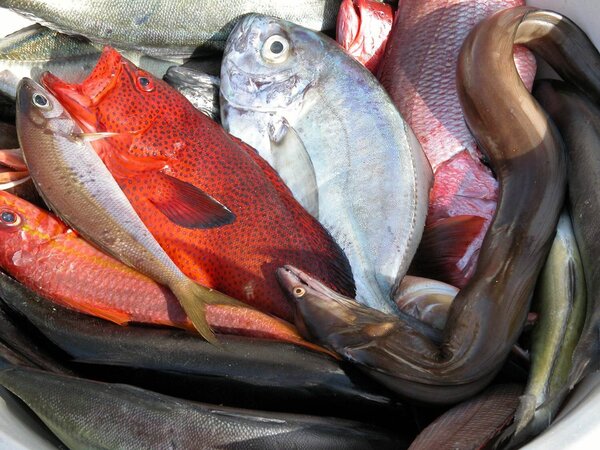
![[Translate to English:] Meerforelle im LaichkleidSea trout in spawning dress Biodiversity and migratory species](/media/_processed_/2/6/csm_Meerforelle_im_Laichkleid_98ca6598a6.png)
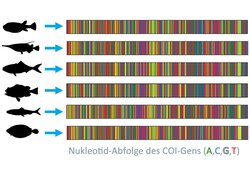
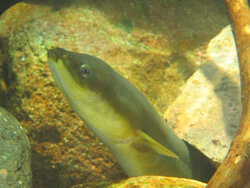
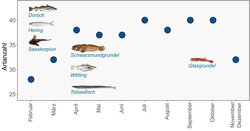
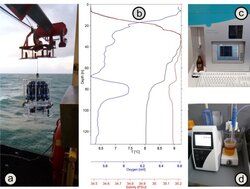
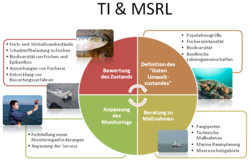
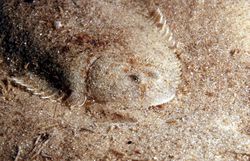
![[Translate to English:] Logo des Bundesministerium für Ernährung und Landwirtschaft](/media/allgemein/logos/BMEL_Logo.svg)